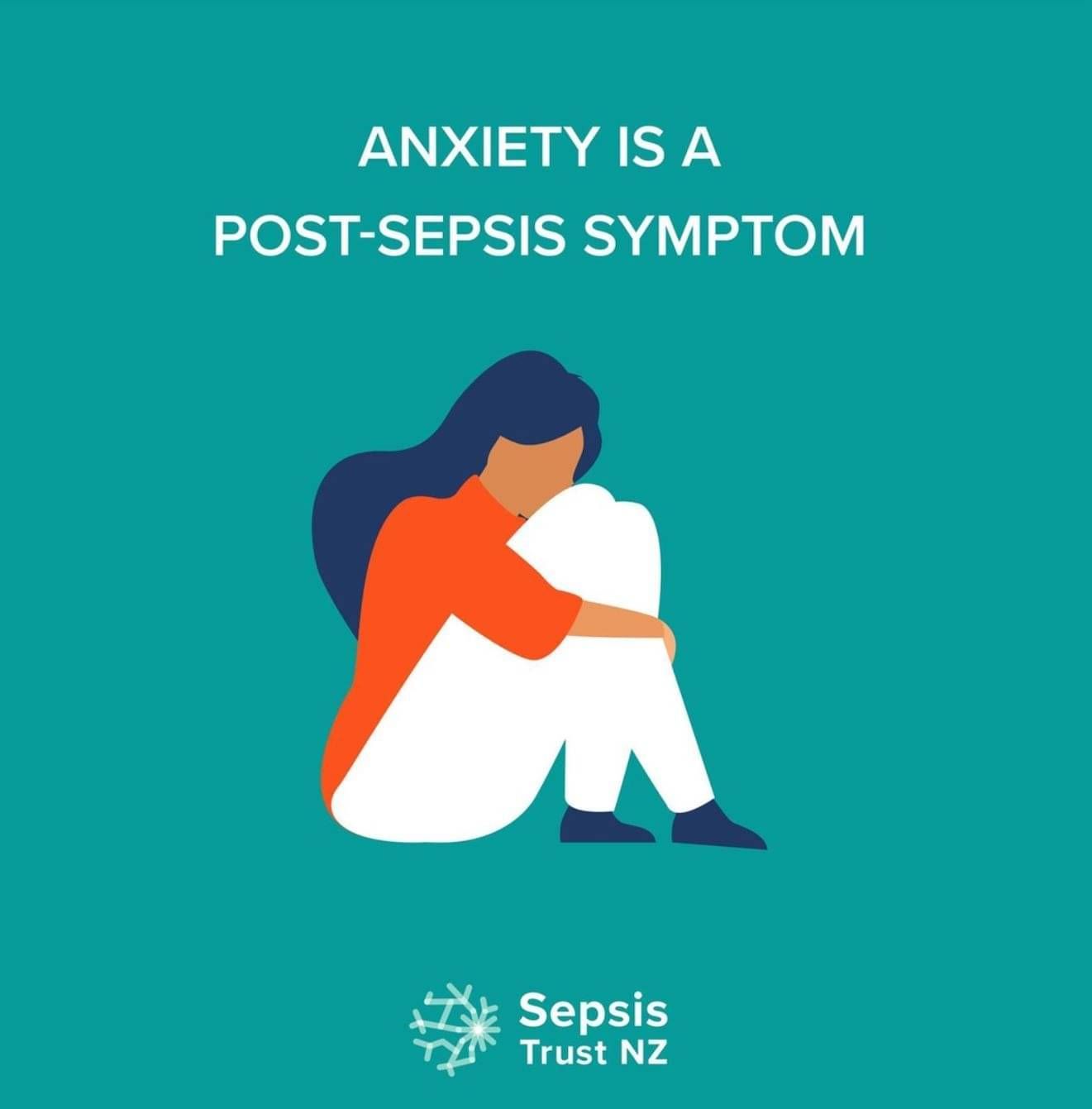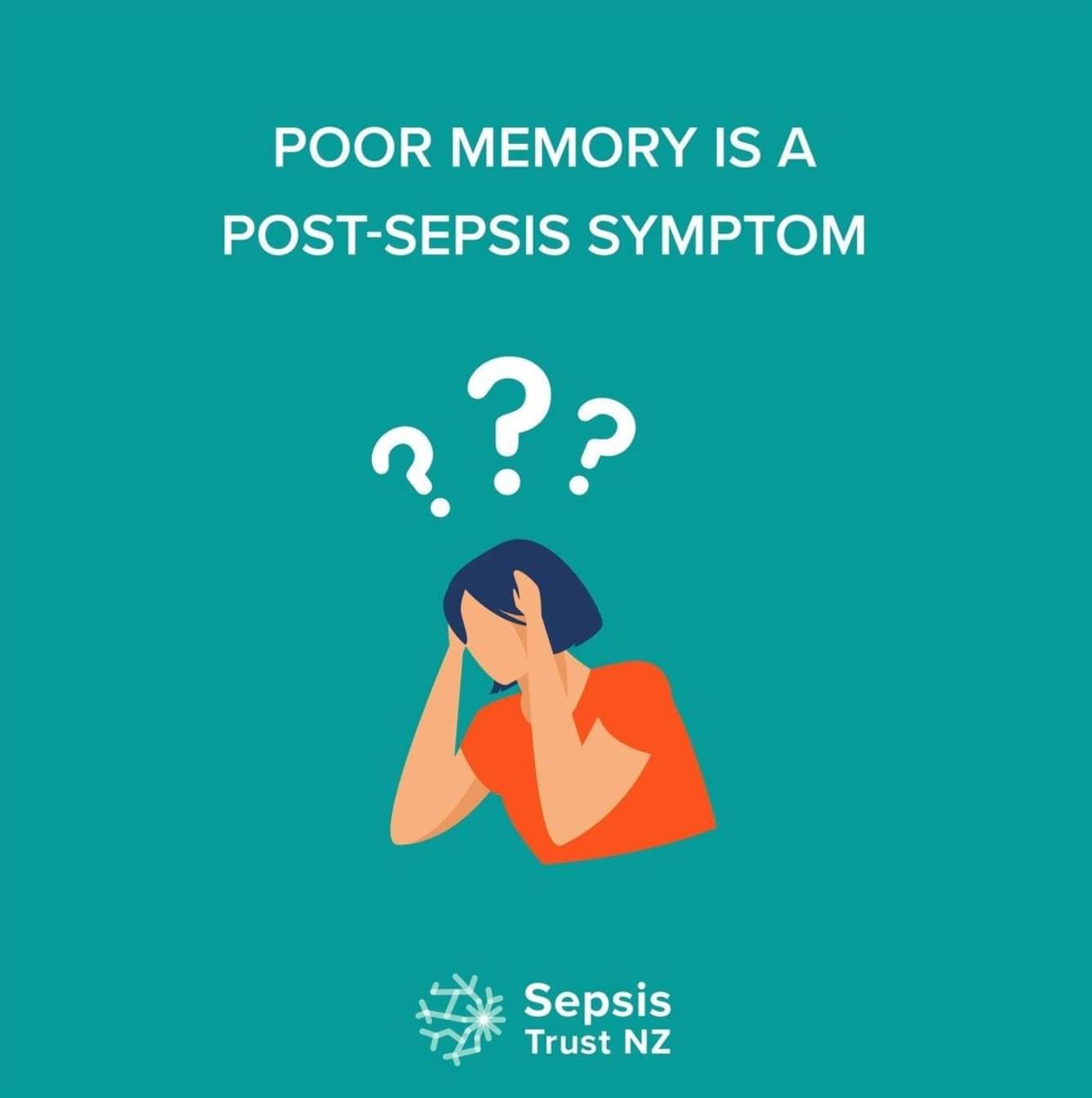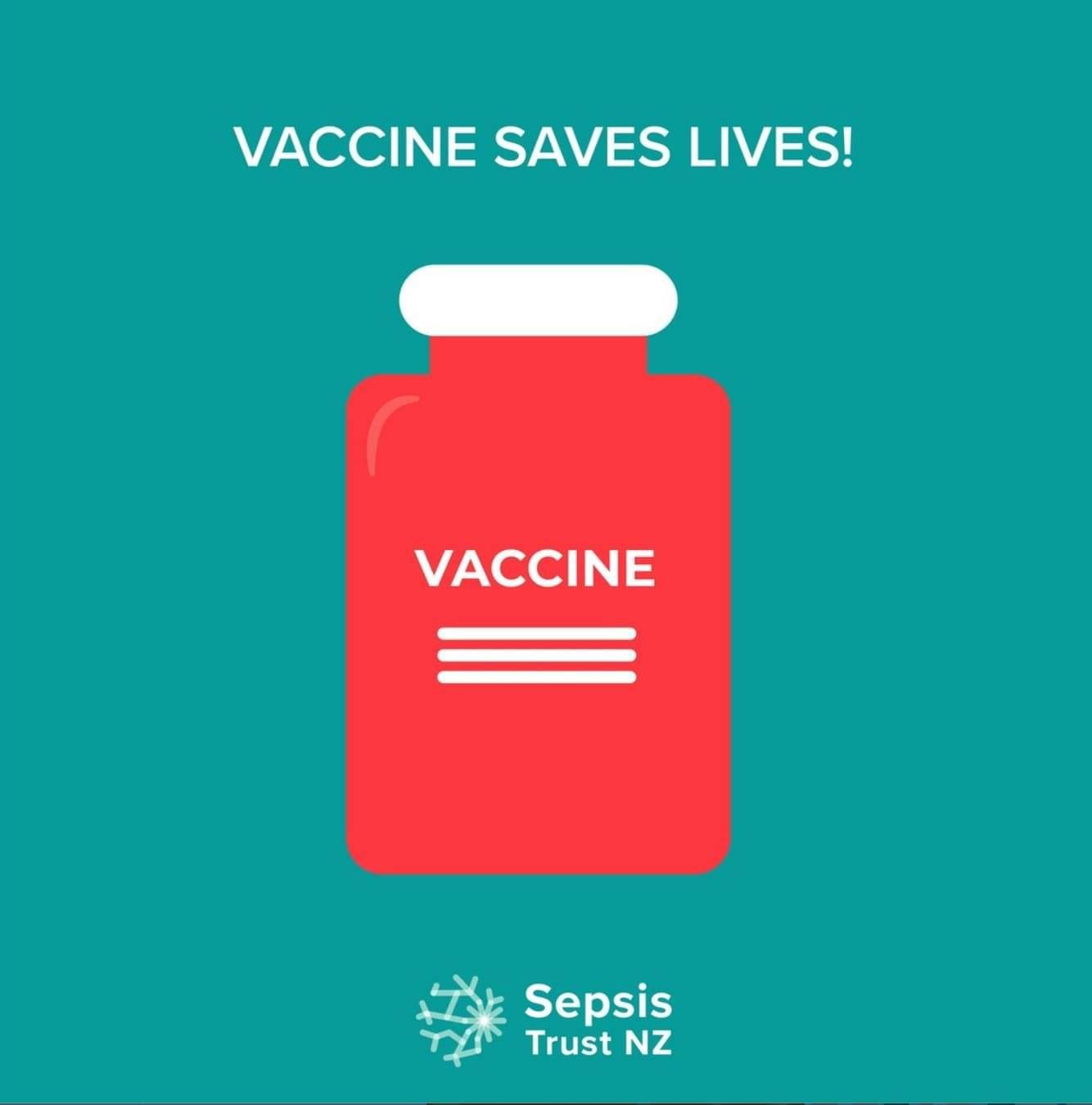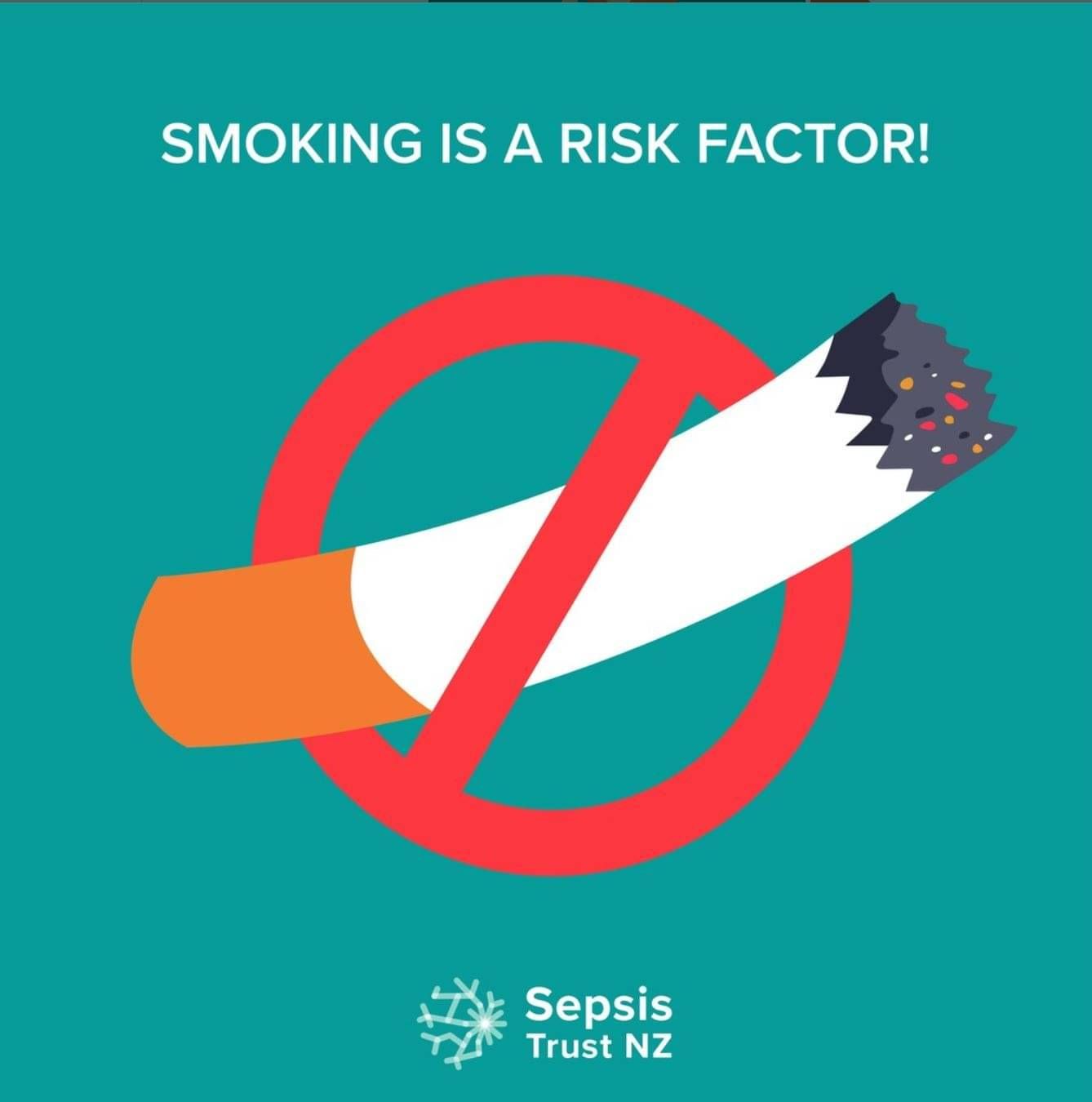Whānau & Carers
For family/whānau and primary caregivers of sepsis survivors
Sepsis can have an impact on the whole family/whānau. When your loved one is home you might feel very relieved that they are out of hospital, or be anxious about the responsibility of caring for them.
It is not uncommon for those closest to a sepsis survivor to experience some psychological (emotional) effects, including children. You or other members of your family/whānau may feel upset, tearful, anxious, depressed, or just very tired.
It is important to remember to take care of yourself. Take time out for yourself, talk about how you are feeling, eat well, get plenty of sleep and don’t be afraid to ask for help.
Will my family/whānau member get sepsis again?
People who have had sepsis worry about it happening again. Some studies have suggested that for a period of time during recovery, people can be more prone to getting infections and therefore be at risk of sepsis again.
The most important thing is to be aware of the symptoms of sepsis and seek medical help urgently if you suspect it.
When should I be concerned?
Speak to your GP if your loved one is still experiencing the following problems more than a month after discharge from hospital:
Frequent anxiety or worries that interfere with their ability to face day-to-day life
Low mood or depression, impacting on motivation, their opinion of themselves, or their thoughts about the future
Continued poor sleep, ongoing nightmares or flashbacks
Change in behaviour
Difficulty doing previously ‘normal’ tasks, or looking after the home and family
Using drugs (prescription/ non-prescription/ recreational) or drinking a lot of alcohol.




